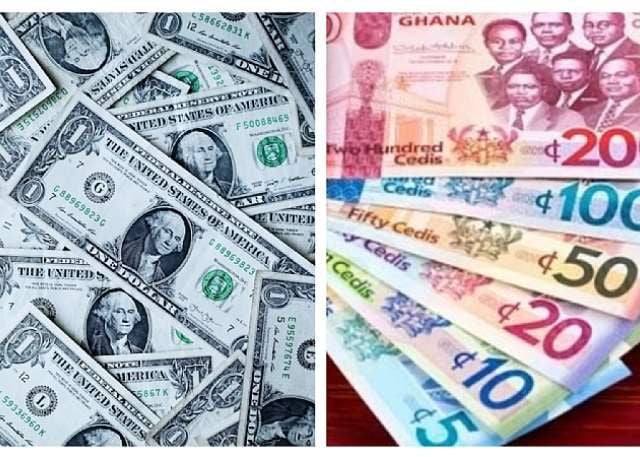The Ghanaian cedi experienced notable volatility against major international currencies on Monday, August 4, 2025, exhibiting variations across different exchange platforms and transaction types. Cedirates.com, a trusted source for currency information in Ghana, reported an average buying rate of GHS10.52 and a selling rate of GHS11.03 for the US dollar. This indicates that individuals could purchase one US dollar for approximately GHS10.52 and sell one US dollar for approximately GHS11.03. This difference between buying and selling rates, known as the spread, represents the profit margin for currency exchangers. Forex bureaus, physical locations for exchanging currency, offered less favorable rates, with a buying rate of GHS11.60 and a selling rate of GHS11.95 for the US dollar. This disparity highlights the importance of comparing rates across different providers to secure the most advantageous exchange rate.
The Bank of Ghana, the country’s central bank, operated an interbank market where financial institutions trade currencies. On this platform, the US dollar traded at a buying rate of GHS10.49 and a selling rate of GHS10.51. These rates are generally more competitive than those offered by forex bureaus, reflecting the wholesale nature of interbank transactions. The narrower spread on the interbank market also signifies the greater efficiency and lower transaction costs associated with large-volume currency exchanges. The difference between the interbank rates and the forex bureau rates likely reflects the operational costs and profit margins of the bureau businesses.
The British pound and the euro also witnessed fluctuations against the cedi. Forex bureaus quoted average buying and selling rates of GHS13.78 and GHS14.62, respectively, for the British pound, while the Bank of Ghana’s interbank rate for the pound stood at GHS13.91. For the euro, forex bureaus offered rates of GHS11.99 for buying and GHS12.69 for selling, while the interbank rate was GHS12.12. These varying rates across currencies and platforms demonstrate the dynamic nature of the foreign exchange market and the influence of factors such as supply and demand, market sentiment, and economic conditions.
Money transfer operators specializing in remittances from the US and UK to Ghana presented competitive exchange rates. LemFi offered a rate of GHS10.45 for the US dollar, while Afriex provided a slightly more favorable rate of GHS10.25. For the British pound, LemFi and Afriex offered similar rates of GHS13.83 and GHS13.84, respectively. Afriex quoted GHS12.02 for the euro, while LemFi offered a nearly identical rate of GHS12.01. The competitive pricing within the remittance market reflects the growing importance of international money transfers and the increasing number of providers vying for market share.
The exchange rates for digital subscription payments using Visa and Mastercard for services like Netflix, Spotify, and Apple Music were consistently pegged at GHS11.29 for both cards. This standardized rate likely simplifies transactions for these international services and provides predictability for Ghanaian consumers. However, it’s worth noting that this rate may not always align perfectly with the prevailing market rates, potentially leading to a slightly higher or lower cost compared to other exchange methods.
In summary, the Ghanaian cedi exhibited fluctuations against major international currencies on August 4, 2025. The exchange rates varied across different platforms, including forex bureaus, the Bank of Ghana interbank market, and money transfer operators. Forex bureaus offered less favorable rates compared to the interbank market, while money transfer operators provided competitive rates for remittances. Digital subscription payments using Visa and Mastercard were subject to a fixed exchange rate. This diverse landscape underscores the importance of comparing rates and choosing the most suitable exchange channel based on individual needs and transaction types. Monitoring these fluctuations and understanding the factors that influence exchange rates can empower individuals and businesses to make informed financial decisions in the context of a dynamic global economy.














